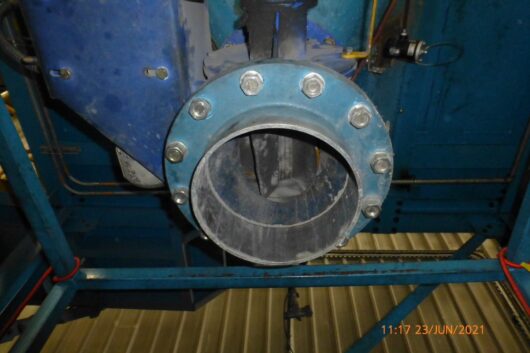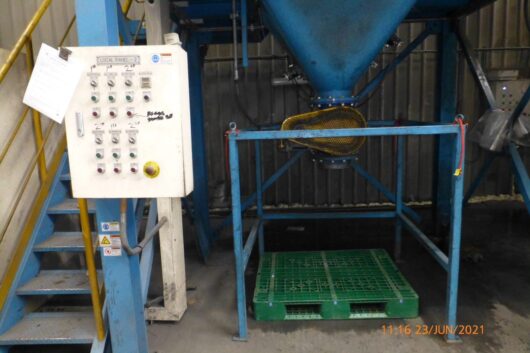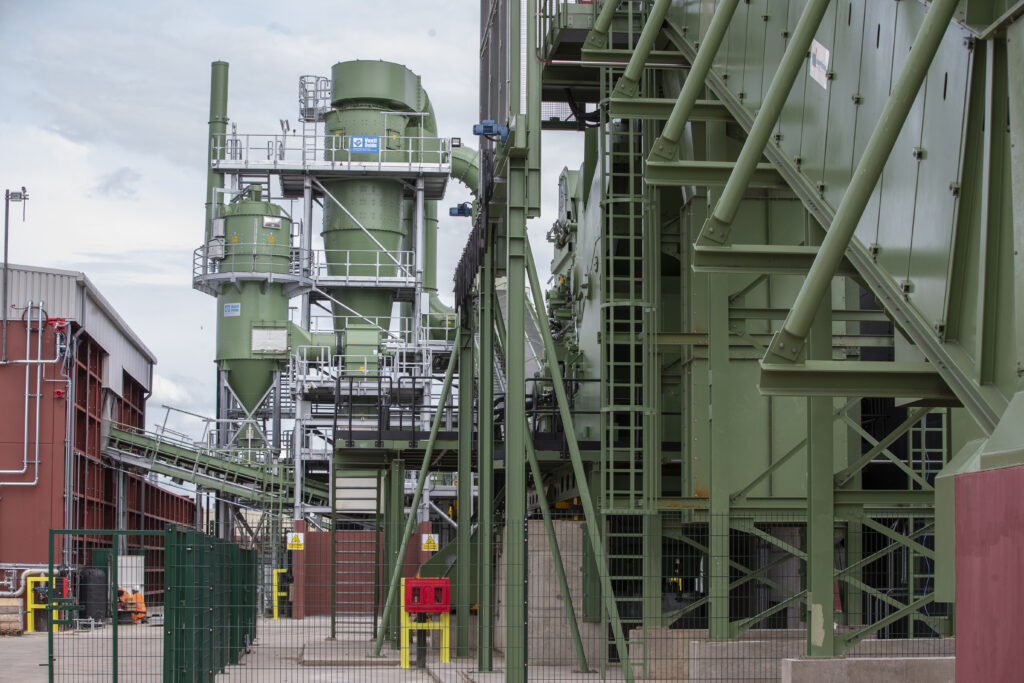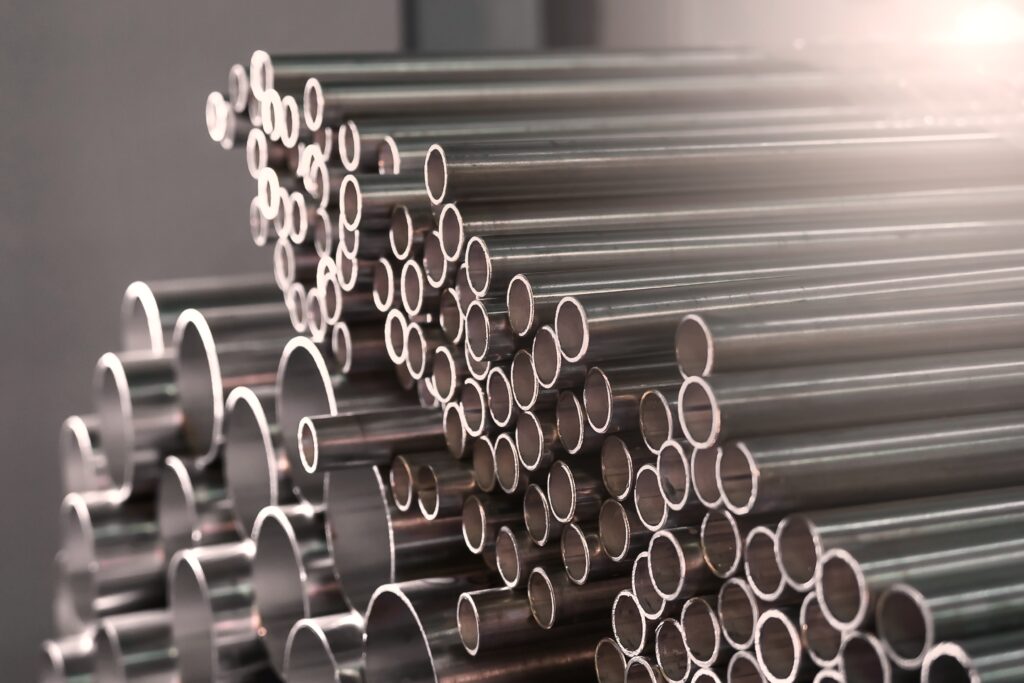A statement from the HSE yesterday (6 March) explained that Elena Troia was working for F.J. Church and Sons Ltd at its recycling facility in Rainham, Essex, on 12 June 2021 when she passed her hand through an unguarded rotary valve to remove a blockage.
The statement explained that the valve closed, “trapping and severing” the 34-year-old’s right arm. Ms Troia’s right arm was later amputated as a result of the incident and she has been unable to work since.
The HSE said its investigation found that F.J. Church and Sons failed to prevent access to dangerous parts of machinery, namely the rotating parts of a rotary valve inside the sampling machine.
Guilty plea
F.J. Church and Sons Ltd, of Centenary Works, Manor Way, Rainham, Essex, pleaded guilty to breaching Regulation 11(1) of the Provision and Use of Work Equipment Regulations 1998.
The company was fined £200,000 and ordered to pay £5,125.37 in costs at Stratford Magistrates’ Court on 5 March 2024, the HSE said.
‘Avoidable’
HSE inspector Marcus Pope said: “Every year, a significant proportion of accidents, many of them serious and sometimes fatal, occur as a result of poorly guarded work equipment.
“In this case this was a wholly avoidable incident, caused by the failure to guard dangerous parts. Had the company added suitable guarding to the outlet of the machine, this life-changing injury would not have occurred.”

Guidance
The HSE pointed to its guidance, which states employers must “take effective measures to prevent access to dangerous parts of machinery”.
The regulator said this will normally be by fixed guarding but where routine access is needed, interlocked guards (sometimes with guard locking) may be needed to stop the movement of dangerous parts before a person can reach the danger zone.
Further guidance can be found here: Provision and Use of Work Equipment Regulations 1998 (PUWER) (hse.gov.uk)










Subscribe for free